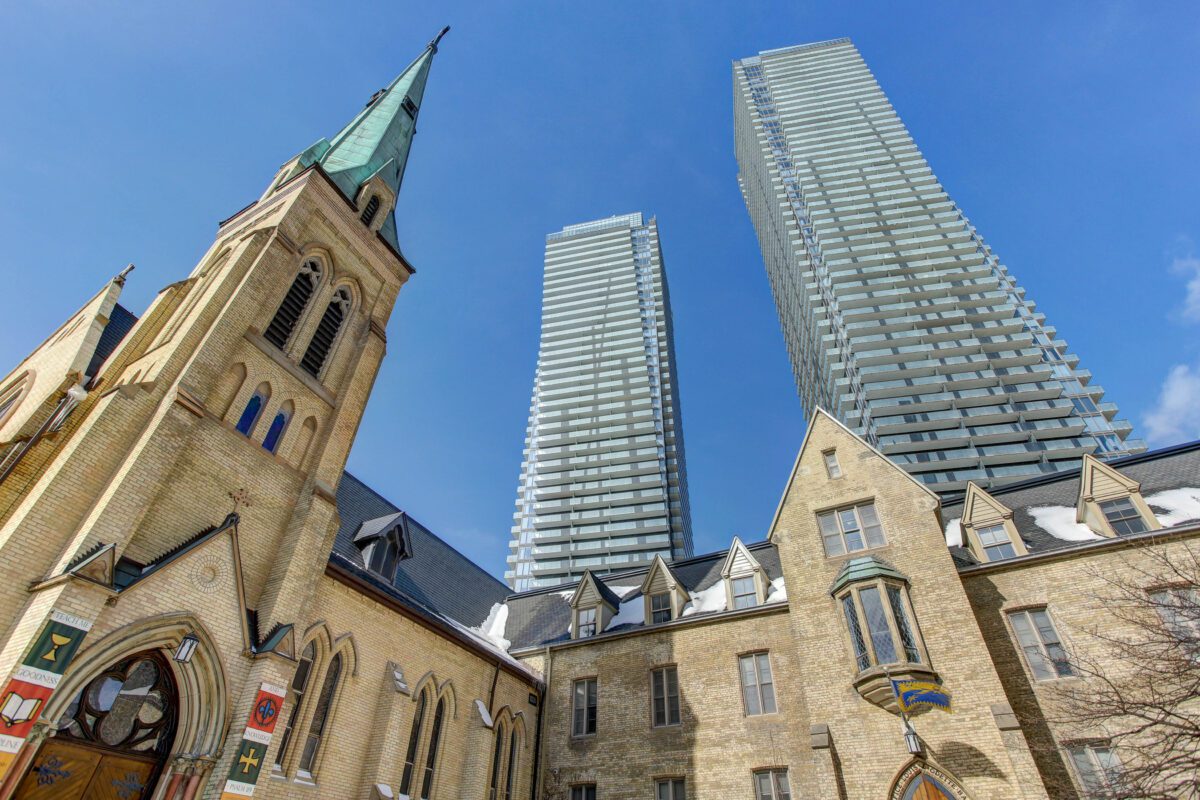What buyers from Vancouver, Calgary, and Montreal should know before making the move
When Canadians think of relocating, Toronto often stands out—but it’s not always an easy decision. Families and professionals considering a move from cities like Vancouver, Calgary, or Montreal often ask: “Is it really worth it?”
The truth is, relocating to Toronto means recalibrating expectations—on pricing, pace, and lifestyle. This guide breaks down how Toronto stacks up against Canada’s other major cities from a residential buyer’s perspective.
Here are more articles and videos on moving across the country:
- MOVING FROM MONTREAL TO TORONTO
- Moving From Vancouver To Toronto
- Ottawa vs Toronto Compared: Lifestyle, Cost of Living, Education
1. Real Estate Prices: Yes, Toronto is Expensive—But So Is Everywhere Else
It’s no secret that Toronto is among the most expensive cities in Canada. But so are many of the cities buyers are coming from.
| City | Average Detached Home (2025) | Average Condo (2025) |
|---|---|---|
| Vancouver | $2.1M+ | $850K–$1.1M |
| Toronto | $1.7M+ | $750K–$1M |
| Calgary | $720K | $320K–$500K |
| Montreal | $900K | $450K–$600K |
Toronto Takeaway:
While detached home prices remain high, Toronto’s condo and townhouse options offer better value than Vancouver’s. For buyers seeking prestige with walkability, Toronto often delivers more per square foot.
2. Job Markets & Economic Opportunities
Toronto is Canada’s financial and tech hub, home to head offices, global firms, and a vibrant startup ecosystem. It offers broader career opportunities, particularly in:
- Finance and banking
- Legal and consulting services
- Tech and innovation
- Healthcare and education
- Media and film
Compared to:
- Calgary, which remains tied to energy and agriculture
- Montreal, with a strong arts and education sector but fewer global firms
- Vancouver, known for tech, film, and natural resources—but a smaller market overall
Toronto Takeaway:
For dual-income households, corporate professionals, or entrepreneurs, Toronto offers the deepest employment pool and long-term professional growth.
3. Education & Schools
Toronto stands out for its school variety and access:
- Top-ranked public and Catholic schools
- Robust French Immersion and gifted programs
- Prestigious private schools, including Havergal, Crescent, and UCC
- World-class post-secondary institutions: U of T, York, TMU
Compared to:
- Vancouver offers similar private school prestige, but fewer competitive public options
- Montreal follows a different educational structure, heavily influenced by language
- Calgary has high-performing schools, but a smaller range of specialty programs
Toronto Takeaway:
For families prioritizing education, Toronto offers breadth, access, and consistency across multiple school types.
4. Neighbourhood Character & Diversity
Toronto is often described as a “city of neighbourhoods”—and for good reason. Each pocket has its own rhythm, demographics, and real estate profile.
- Leaside feels like West Vancouver
- Riverdale echoes Montreal’s Plateau
- Bloor West Village has the walkable charm of Calgary’s Kensington
- Lawrence Park rivals Westmount in elegance
Toronto Takeaway:
If you value community, cultural diversity, and architectural variety, Toronto offers more than just real estate—it offers a lifestyle match.
5. Transit, Commute & Accessibility
Toronto’s TTC—though not perfect—is Canada’s largest public transit system, and it continues to grow. Union Station links residents to GO Transit, VIA Rail, and the Pearson Airport rail.
Compared to:
- Montreal has an efficient metro, but limited suburban access
- Vancouver offers excellent SkyTrain connectivity, but coverage is thinner beyond the core
- Calgary is more car-dependent, especially outside the downtown core
Toronto Takeaway:
Families and professionals commuting within the GTA benefit from multiple transit modes—though neighbourhood choice is key.
6. Cost of Living Beyond Housing
Groceries, insurance, daycare, private schooling, and even gym memberships can cost more in Toronto than in other cities—but these differences narrow quickly when comparing urban life to urban life.
What tips the scale most?
- Land Transfer Tax (Toronto has a double tax—municipal + provincial)
- Childcare availability and cost
- Private school fees and extracurriculars
Toronto Takeaway:
The cost of living in Toronto is high—but so is the access to services, opportunities, and amenities. If you budget thoughtfully, the value is tangible.
Final Thought
Relocating within Canada is not just a move—it’s a strategic shift. While no city is perfect, Toronto remains one of the few places that offers depth, diversity, and long-term growth—both personal and financial.
Whether you’re moving for career, education, or lifestyle, I can help you navigate Toronto’s neighbourhoods, decode the real costs, and purchase with confidence—no matter where you’re starting from.
Send an email at olena@agentolena.com or call 647.294.3039 to get started.














